The Government has acknowledged that not all commercial fleet operators will be able to switch from diesel to electric trucks from 2035.
Following a consultation, it confirmed it will end the sale of new, non-zero emission heavy goods vehicles (HGVs) less than or equal to 26 tonnes from 2035, and all new non-zero emission HGVs from 2040 (first announced at COP26 in November 2021).
However, it has launched a call for evidence to establish where the usage of HGVs could be exempt from the 2035 phase-out date and, instead, be given until 2040.
It accepts that vehicles which carry heavy or abnormal loads, have additional power draw, spend most of their time operating in specialist or remote areas, or are used in long-haul operations, for example, may need until 2040 to make the switch.
Transport minister Trudy Harrison told delegates at the Logistics UK’s Future Logistics Conference: “We should not impose change in the wrong place, on the wrong vehicle, on the wrong journey at the wrong time.”
Logistics UK’s acting deputy director of policy, Michelle Gardner, welcomed the Government announcement, saying: “Given the breadth of the vehicles used across the logistics sector, and scale of innovation required to reach net zero, Logistics UK is pleased that Government will be consulting with industry to identify potential exemptions to the 2035 phase out date.”
The consultation will close on July 22.
ELECTRIC TRUCK TRIALS
Harrison also announced at the conference that the Government has earmarked £200 million to fund electric truck trials.
“Demonstrating the high performance of battery electric technology in demanding, real-world environments is critical to ensuring confidence continues to build within the industry around the future of zero emission trucks,” said Harrison.
The three-year, zero-emission road freight demonstrator programme will help gather evidence on the future refuelling and recharging infrastructure needed to drive the smooth transition to a zero-emission freight sector by 2050, says the Department for Transport (DfT).
A competition will be launched for manufacturers, energy providers and fleet and infrastructure operators to showcase their green technology on UK roads. This will begin with demonstrations of battery electric and hydrogen fuel cell HGVs.
Andy Eastlake, chief executive at the Zemo Partnership, said: “It’s important to note that the demonstration programme competition will be open to collaborations between vehicle suppliers, operators as well as infrastructure and energy supply companies; decarbonising transport is going to require an even more collaborative approach involving actors across a wider range of sectors than ever.
“The vital road freight sector is one of the most challenging to move to zero emissions. But, with the innovation we see today, matched by the commitment and funding from Government, we’re confident of seeing real progress towards the decarbonisation of our freight sector matched, we hope, by the decarbonisation of the goods they deliver.”
The announcement will build on the DfT’s £20m zero-emission road freight trial which is being delivered by Innovate UK.
NINE FLEETS INVOLVED
In what is one of the largest deployments of zero emission trucks in the UK to date, 20 Daf LF Electric vehicles started entering service with nine public sector fleets, including NHS Supply Chain, NHS Northern Care Alliance, and Blackpool, Rochdale and Tameside councils.
The electric trucks involved in the £10m Battery Electric Truck Trial (BETT) – part of the Zero Emission Road Freight (ZERF) trial – are now entering day-today operations while at the same time gathering real-time data.
The results from which are being used in an interactive website to inform future fleet operator buying decisions and help stimulate the sale of battery electric trucks.
One of the key operators partnering the BETT is NHS Supply Chain which, supported by Prohire in the provision of financing and maintenance services, is due to deploy eight Daf LF Electric rigids with refrigerated bodies at several of its locations around the country. Five are also destined for local NHS Trusts. Bodywork includes
Paccar box bodies designed and manufactured by Daf Trucks, and also temperature-controlled bodies supplied by Gray and Adams. All the vehicles in the trial feature the BETT logo.
“This is a significant step in the project as we roll-out vehicles for real-time operations,” said Rob Lawton, principal engineer for alternative powertrains at Leyland Trucks.
“We’re working closely with our project partners to collect the most accurate data possible. Electrification is becoming a major consideration for operators and it’s crucial they’re able to scrutinise reliable evidence before investing in this relatively new technology.”
NEW WEB PORTAL
Lancashire-based Leyland Trucks – where the LF Electric is made – is working with Cenex, the lowcarbon research and consultancy organisation, to create the interactive BETT report and website.
It is now available for fleet and transport managers to calculate range, charge times, costs and environmental benefits of battery electric HGVs.
Steve Carroll, head of transport at Cenex, said: “Learnings from this trial will be shared through the BETT portal so that fleets and policymakers can understand how heavy duty EVs can be integrated into operations as well as providing valuable user insights to infrastructure and vehicle technology providers.”
Users of the website will also find guidance pages which introduce different aspects of battery electric trucks, from policy trends to practical guidance on assessing and implementing battery electric trucks in fleets.
The website will also be used to publish the trial’s reports and findings over the next 12 months.
The first report details the case to decarbonise HGVs and initial attitudes of drivers and fleet managers to battery electric vehicle (BEV) usage.
The report shows that fleet managers in the trial expect that BEV trucks would considerably improve air quality and the driving experience, but they have concerns around the ability of the vehicles to achieve the quoted range, especially when there are additional power requirements.
The BETT trial and portal will look to alleviate these concerns by publishing live data from the trial, on a daily basis, such as total miles travelled, energy consumption and vehicle range.



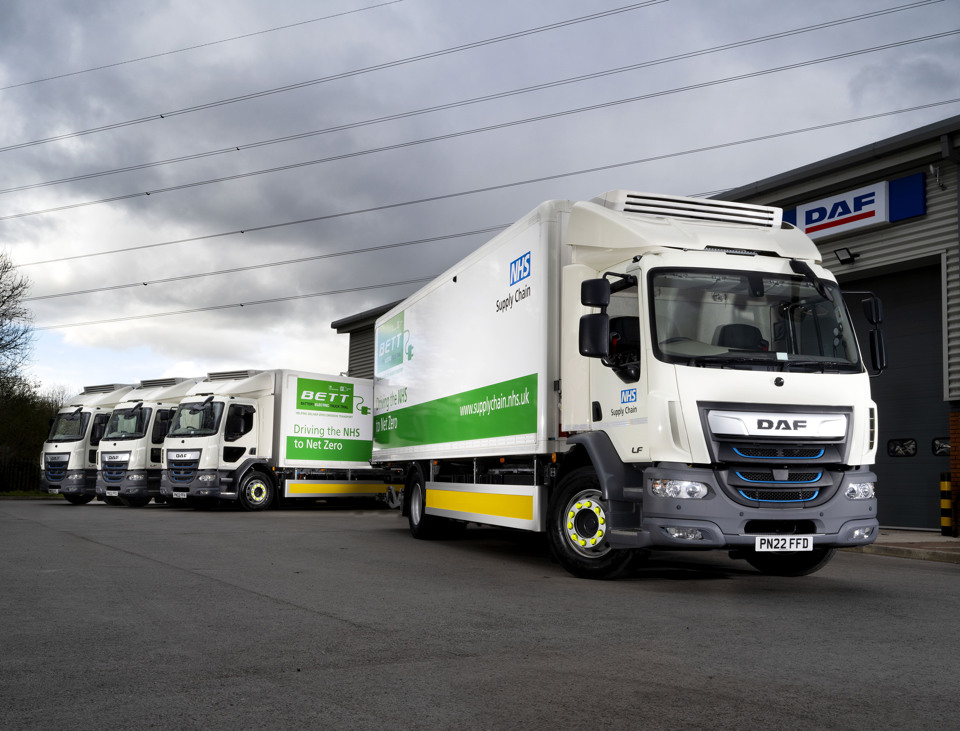







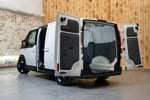



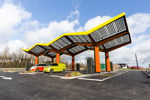





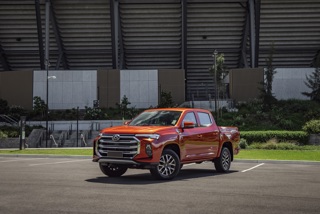
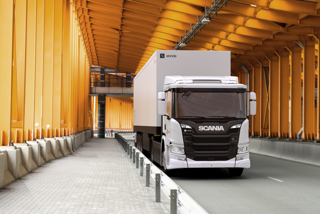
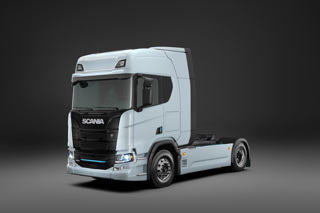
Login to comment
Comments
No comments have been made yet.